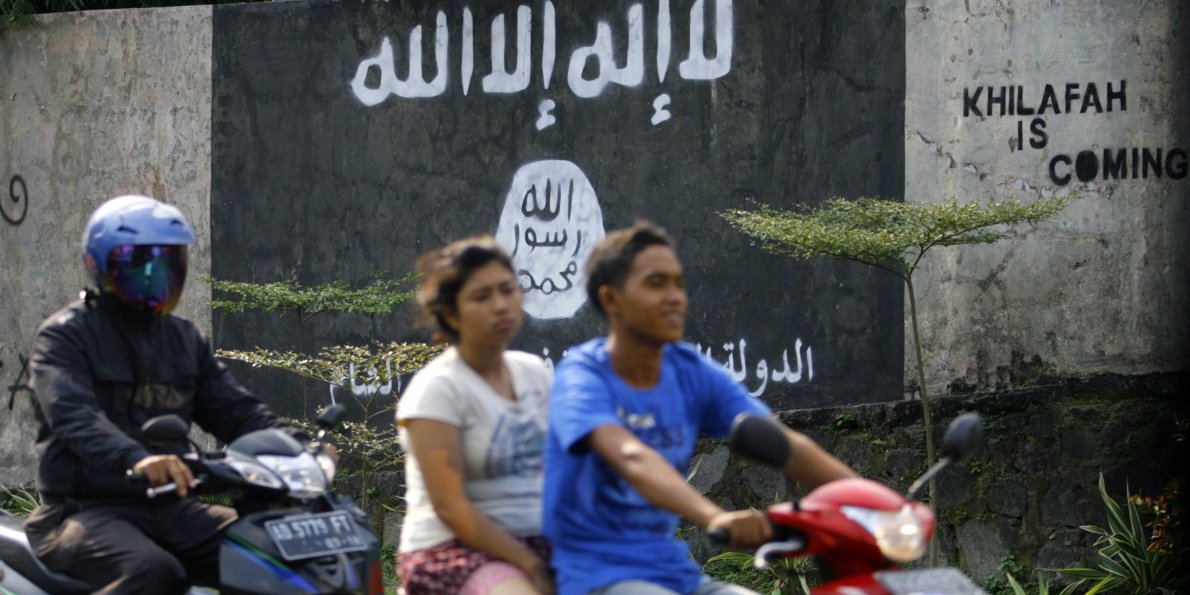
Indonesia Faced with a Resurgence of Islamist Terrorism
Jakarta – Despite its history of jihadist activity and having endured a string of deadly attacks in the early 2000s, In
donesia has largely avoided the perils of Islamist terrorism over the past decade. The world’s most populous Muslim-majority nation has escaped relatively unscathed since ISIS burst onto the scene three years ago.
Yet as ISIS gradually redirects its focus toward Southeast Asia amid mounting territorial losses in the Middle East, the risk of a resurgence in Islamist terror in Indonesia has become increasingly real. Whilst ISIS may prove to be the catalyst for a renewed wave of terrorist violence in the country, signs of increased jihadist activity have been present in Indonesia for a number of years. There has been a shift toward the wider acceptance of radical ideology at all levels of society, as radicalization has crept into schools, prisons, and mosques.
These trends have coincided with a spike in recruitment for home-grown militant groups such as Jemaah Islamiyah (JI) and its ISIS-affiliated offshoots, whilst the number of advanced plots disrupted by counter-terror police has steadily risen in recent years. All of this points to a resurgence in the threat posed by Islamist terror. At present, the threat is higher than any other point since the turn of the century, when groups such as JI possessed an ability to launch mass-casualty attacks against civilian targets.
This report tracks the history of Islamist terrorism in Indonesia and examines why jihadist activity is once again on the rise. It then asks the question that the future of Indonesian security hinges on: Is Jakarta ready to confront the threat?








































admin in: How the Muslim Brotherhood betrayed Saudi Arabia?
Great article with insight ...
https://www.viagrapascherfr.com/achat-sildenafil-pfizer-tarif/ in: Cross-region cooperation between anti-terrorism agencies needed
Hello there, just became aware of your blog through Google, and found ...